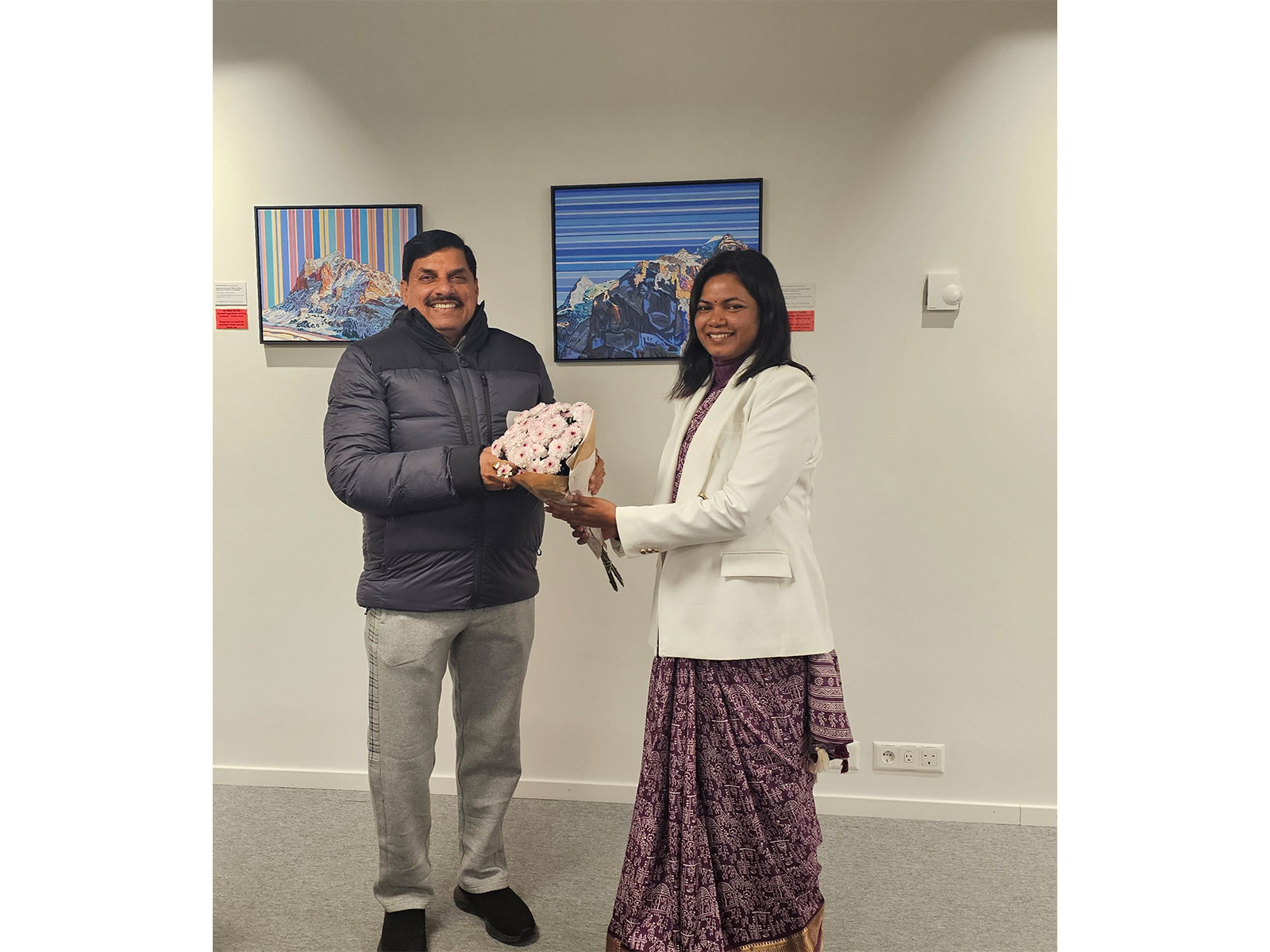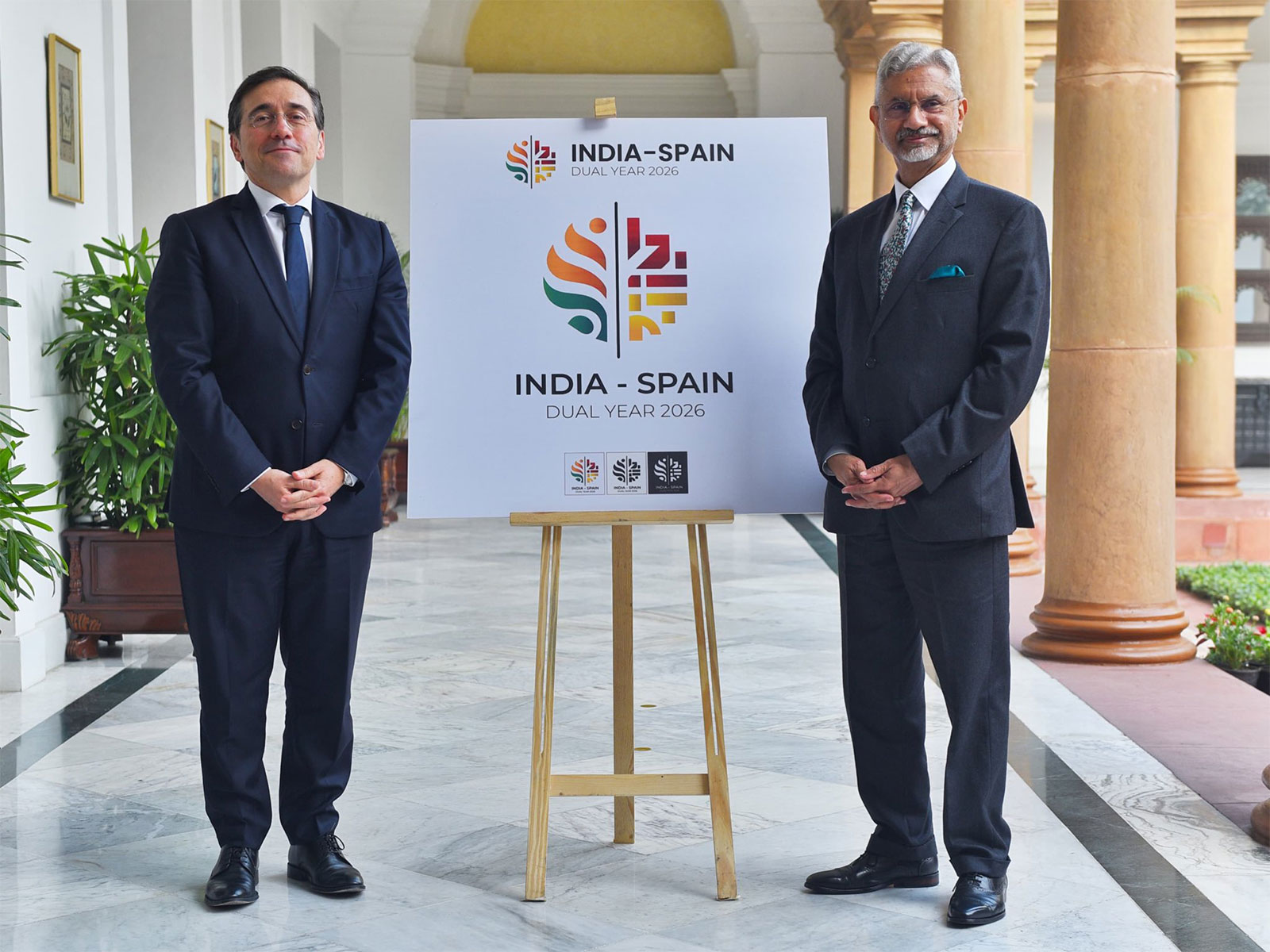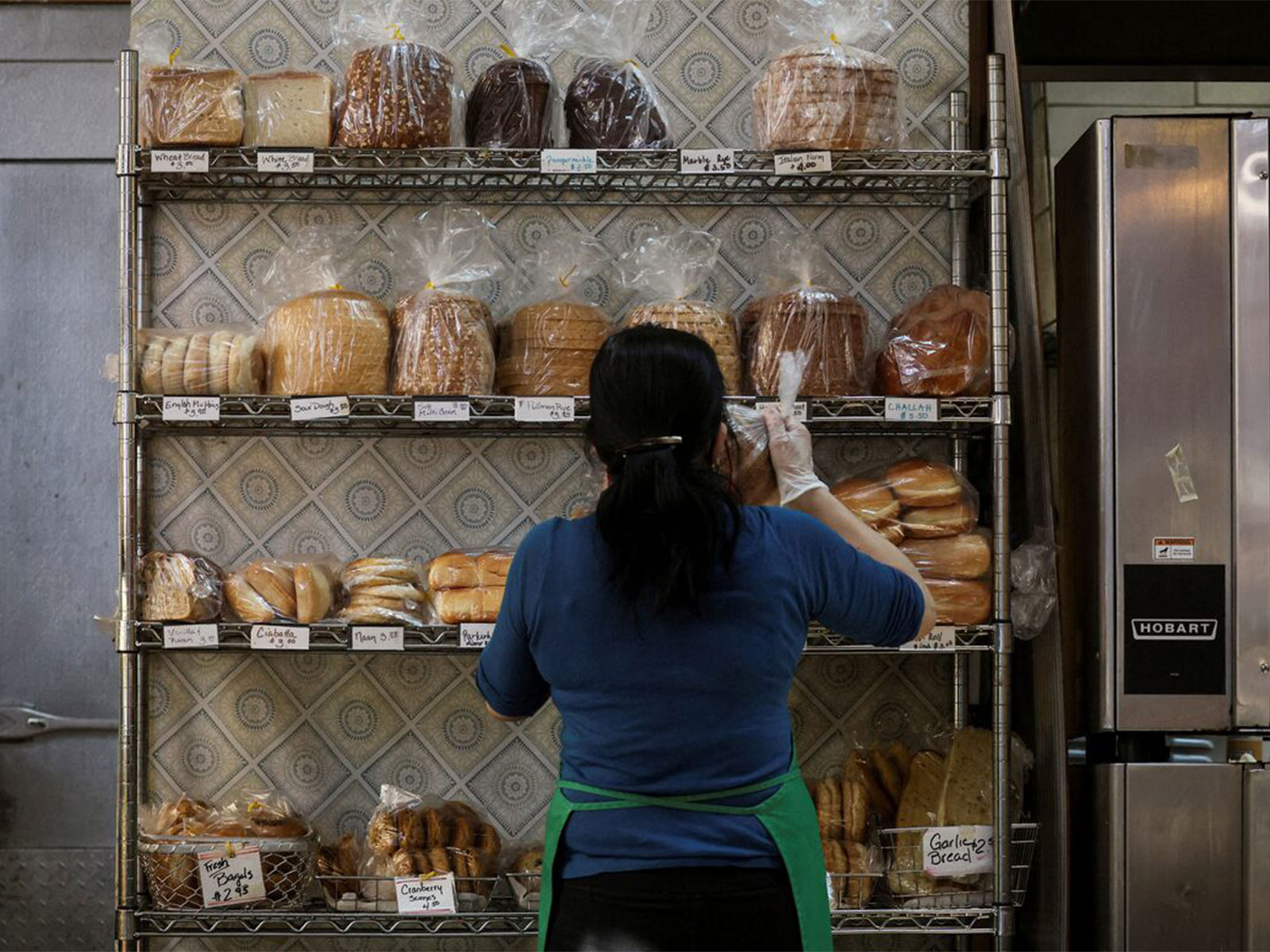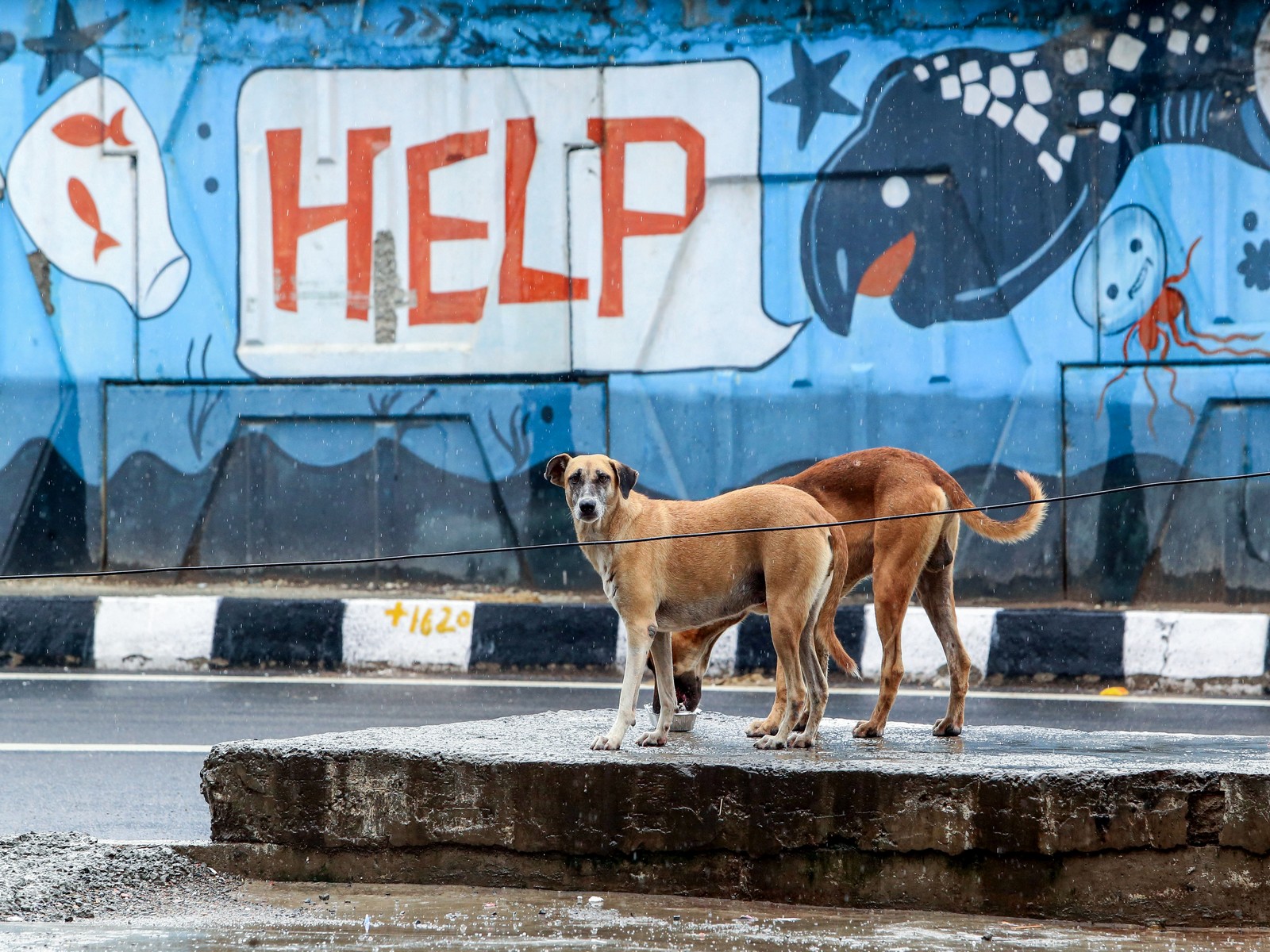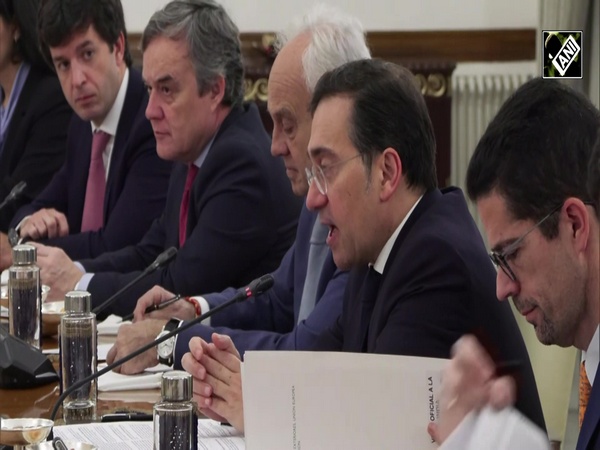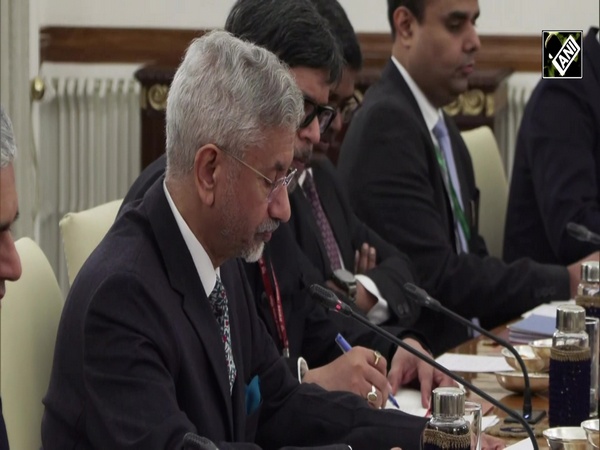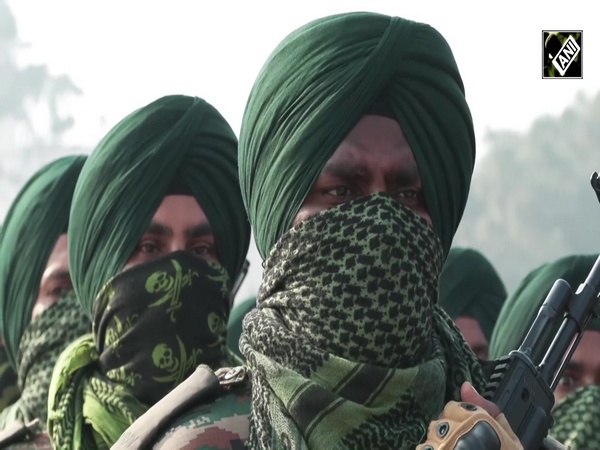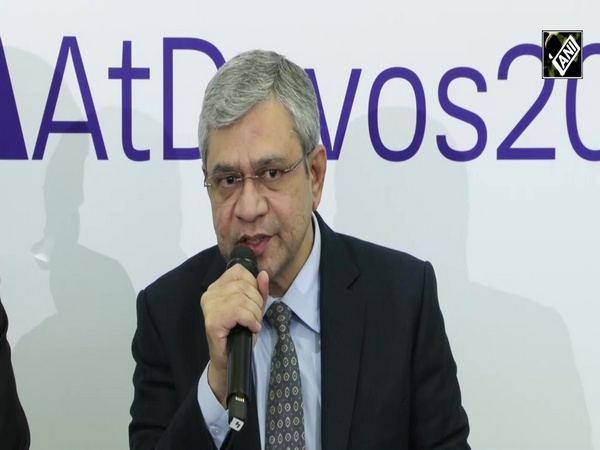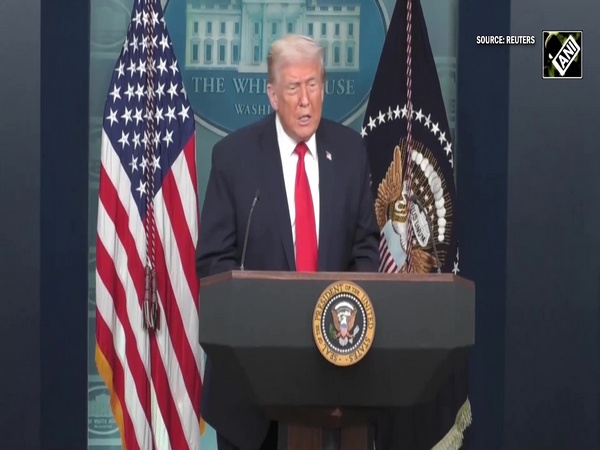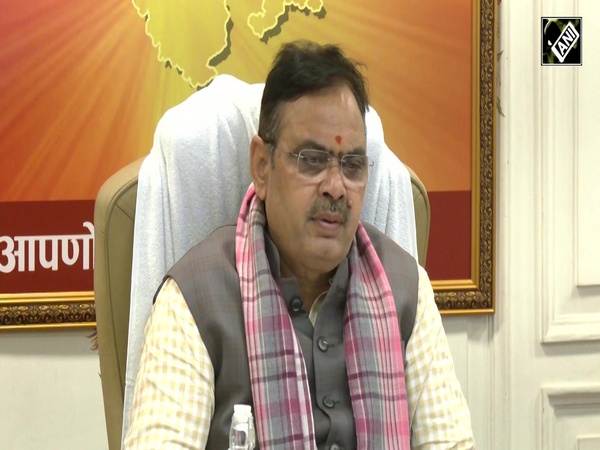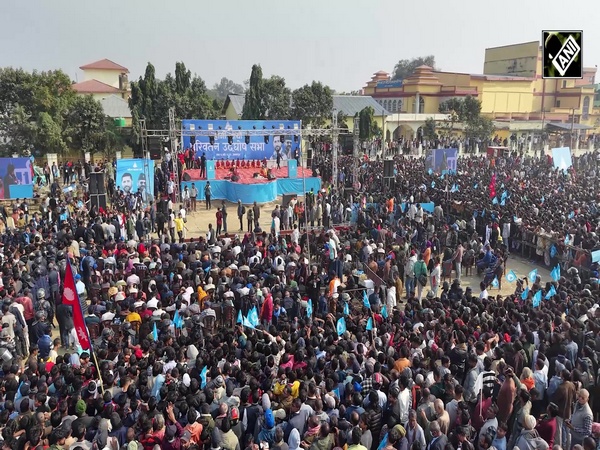A more pluralistic polity only way forward for Afghanistan: UN Special Representative for Afghanistan
Dec 21, 2022

New York [US], December 21 : Roza Otunbayeva, the Secretary-General's Special Representative for Afghanistan, while speaking on the situation in Afghanistan said to the Security Council, "We believe the only way forward for Afghanistan is through a more pluralistic polity, where all Afghans, especially women and minorities, see themselves represented and have a real voice in decision making. This is clearly not the case now".
"United Nations Assistance Mission in Afghanistan (UNAMA) is focusing on maintaining a dialogue with the Taliban in hope of a better future for Afghanistan, where everyone, women, men, girls, and boys, can live a life with dignity and equality," Otunbayeva further said.
So many Afghans live in great poverty and uncertainty about the future. Many told me during my visits around the country that they are simply surviving, said Otunbayeva in her briefing to the security council.
According to Otunbayeva, the Taliban remain essentially in control of Afghanistan but are unable to satisfactorily address terrorist groups operating inside Afghanistan. "We are greatly concerned about the recent activity of ISKP in particular, and the attacks on the embassies of the Russian Federation and Pakistan, as well as against a hotel hosting many Chinese nationals. Civilian casualties from these attacks were significant," she said.
The UN Special Representative for Afghanistan said the Taliban has been increasingly harsh with its social policies.
"We have seen a slew of decrees that are especially harmful to women. Women have been banned as of November 9 from visiting most public parks, bath houses, and gymnasiums. Their social space is now being restricted as much as their political space. The prevention of secondary education will mean that in two years there will be no girls entering into university. This decision is extremely unpopular among Afghans and even within the Taliban leadership. It has been criticized by the entire Islamic world," Otunbayeva said.
"On November 13 the Taliban conveyed that Taliban leader Haibatullah Akhunzada had ordered that judges implement capital and corporal punishments, known as hudud and qisas, if conditions are met according to Sharia law. International criticism of these corporal punishments as violations of human rights have been rejected by the Taliban as being anti-Islamic," she added.
According to Roza, the UN has urged the Taliban to apply religious law in ways that avoid pain, including acts of corporal punishment, as many Islamic countries do. She said the UN uniformly criticizes all countries that apply the death penalty and corporal punishment.
Roza said that there have also been some positive developments in Afghanistan, particularly on the economic front.
"Overall levels of corruption are significantly down. The Taliban has also managed to maintain macroeconomic stability. The de facto authorities are implementing an economic strategy that focuses on self-reliance. They are investing in sectors such as agriculture, irrigation, infrastructure, water management, mining, and industries, that provide a foundation for economic growth. The Taliban have identified the private sector as a key driver for economic growth and they are somewhat responsive to the concerns of private sector actors," she said.
"While the Taliban's economic management has been more effective than expected, it should also be recognized that international donors continue to feed more than half of the population. The cash payments required to deliver humanitarian assistance, indirectly inject liquidity into the economy. Without this assistance the picture in Afghanistan could be far bleaker," Otunbayeva added.

